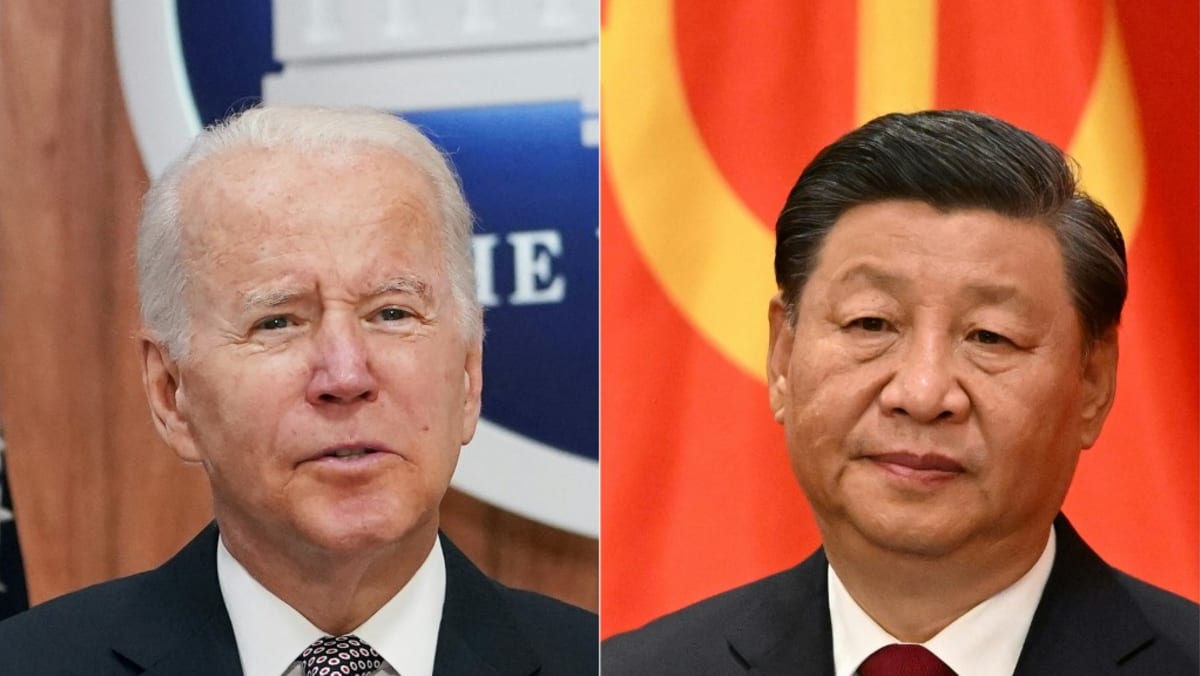
Mr Biden’s words may rankle, but so did the Wall Street Journal report immediately following Mr Blinken’s visit that China plans to open a military training facility in Cuba, about 145km from the Florida coast. Nothing about Blinken-Xi meeting should suggest that US and China will neglect to pursue their own interests.
WHEN IS A GAFFE NOT A GAFFE?
Mr Biden’s “dictator” remark is against protocol, and to the extent that it makes some of his goals vis-a-vis relations with China more difficult to achieve, a mistake. However, it is very much in keeping with his more general view about China and US interests.
For Mr Biden, a central tenet of his foreign policy is that the competition between democracies and autocracies is a primary global struggle that will define the future, and that both America and the world are better off and more secure with a strong US capable of rallying democratic allies to meet contemporary challenges.
Thus, while Mr Biden’s choice of language is ill-advised, it highlights the divide he sees between the US and China.
There is no question that words can stoke tensions. Mr Biden’s statement that the US would come to Taiwan’s aid if China were to launch an unprovoked attack annoys Beijing and sends US diplomats and aides into a frenzy of clarification that US policy on “One China” has not changed.
Yet, having repeated the same “misstatement” on several occasions, Mr Biden is sending a message of a more assertive US foreign policy.
BIDEN’S REMARKS PLAY WELL DOMESTICALLY
While such messages are potentially destabilising for foreign policy, it is important to remember that they usually play well to a domestic audience. Mr Biden’s remark are unlikely to give him problems at home.
